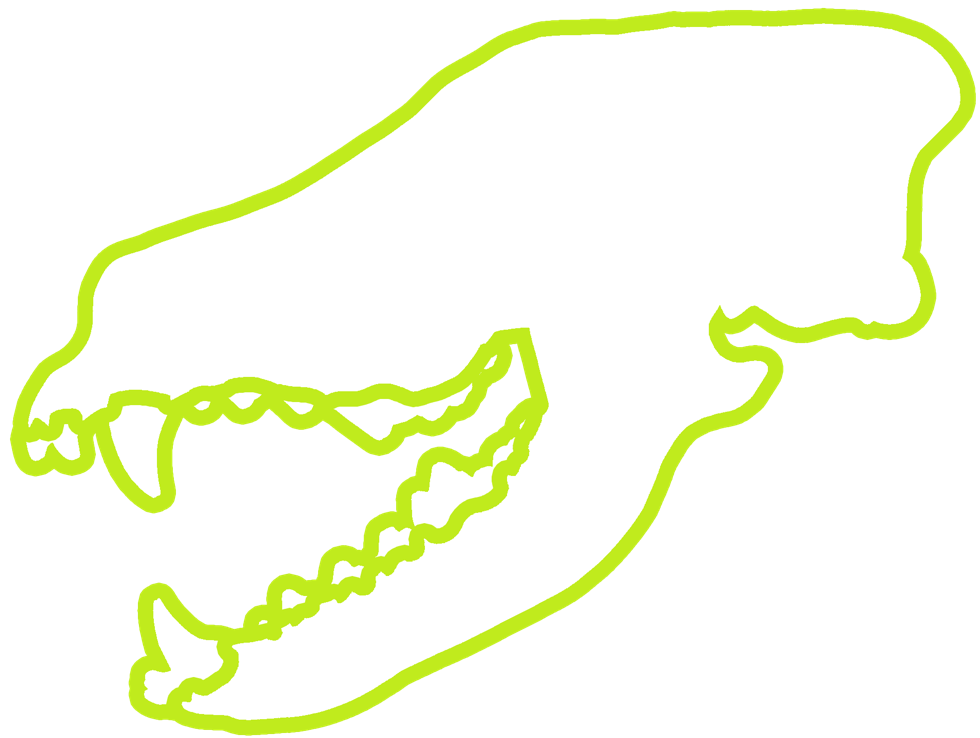




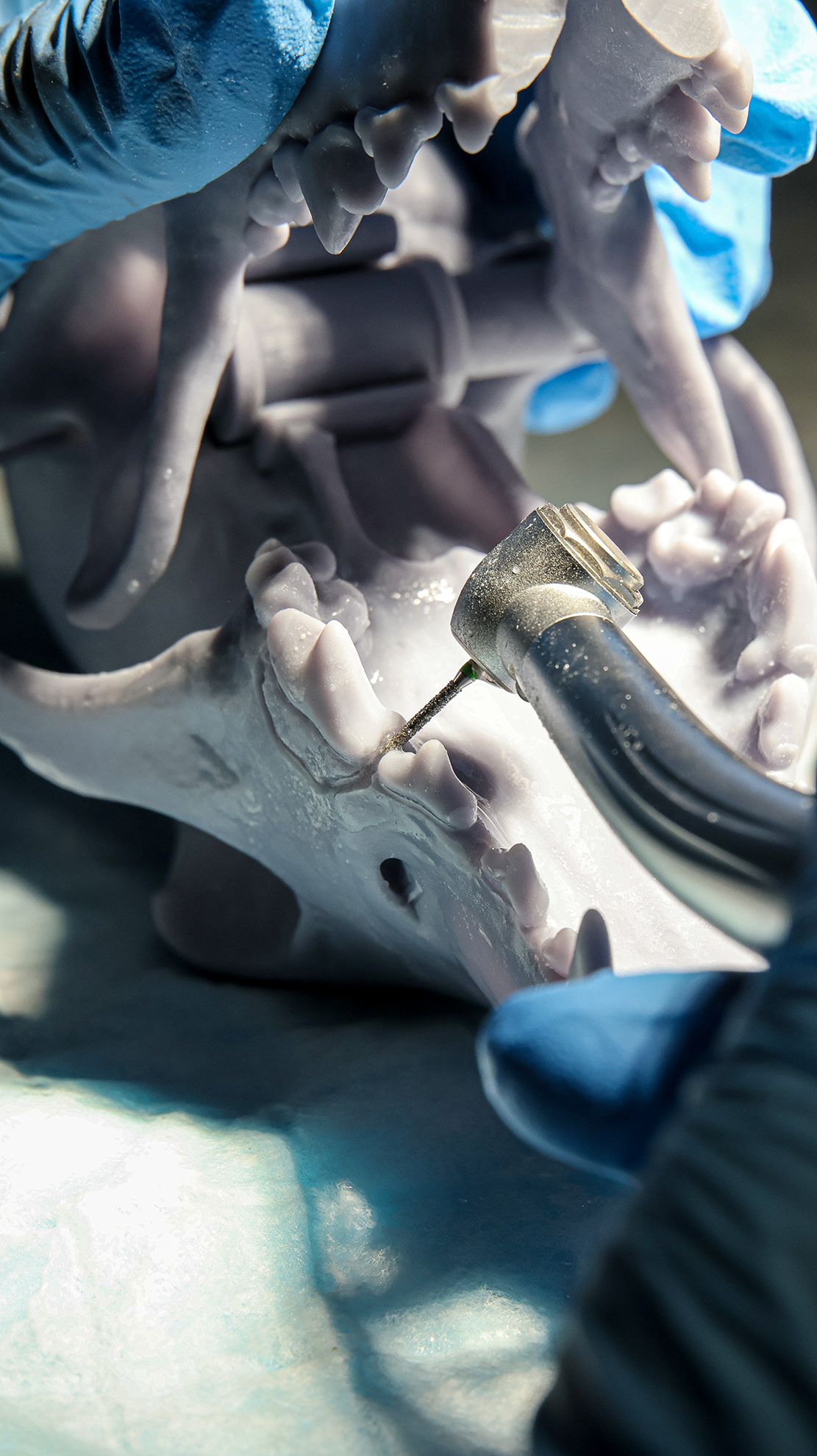
Using this model significantly improved my understanding of complex malocclusion cases. Finding the right angle is crucial for success, and it helps visualize the pathology and determine the best treatment approach. These models could also be incredibly useful for planning surgeries to ensure the best outcomes.
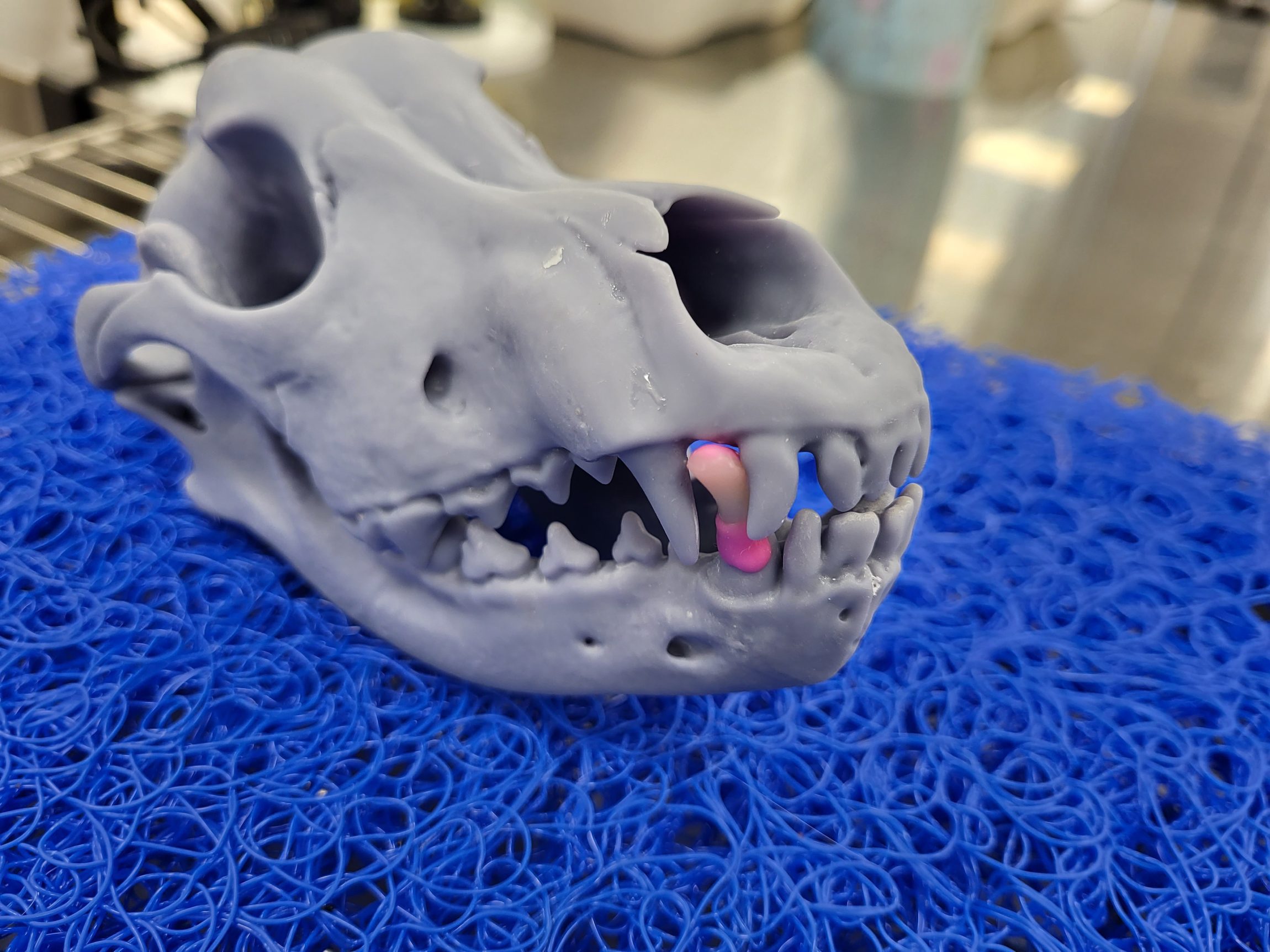
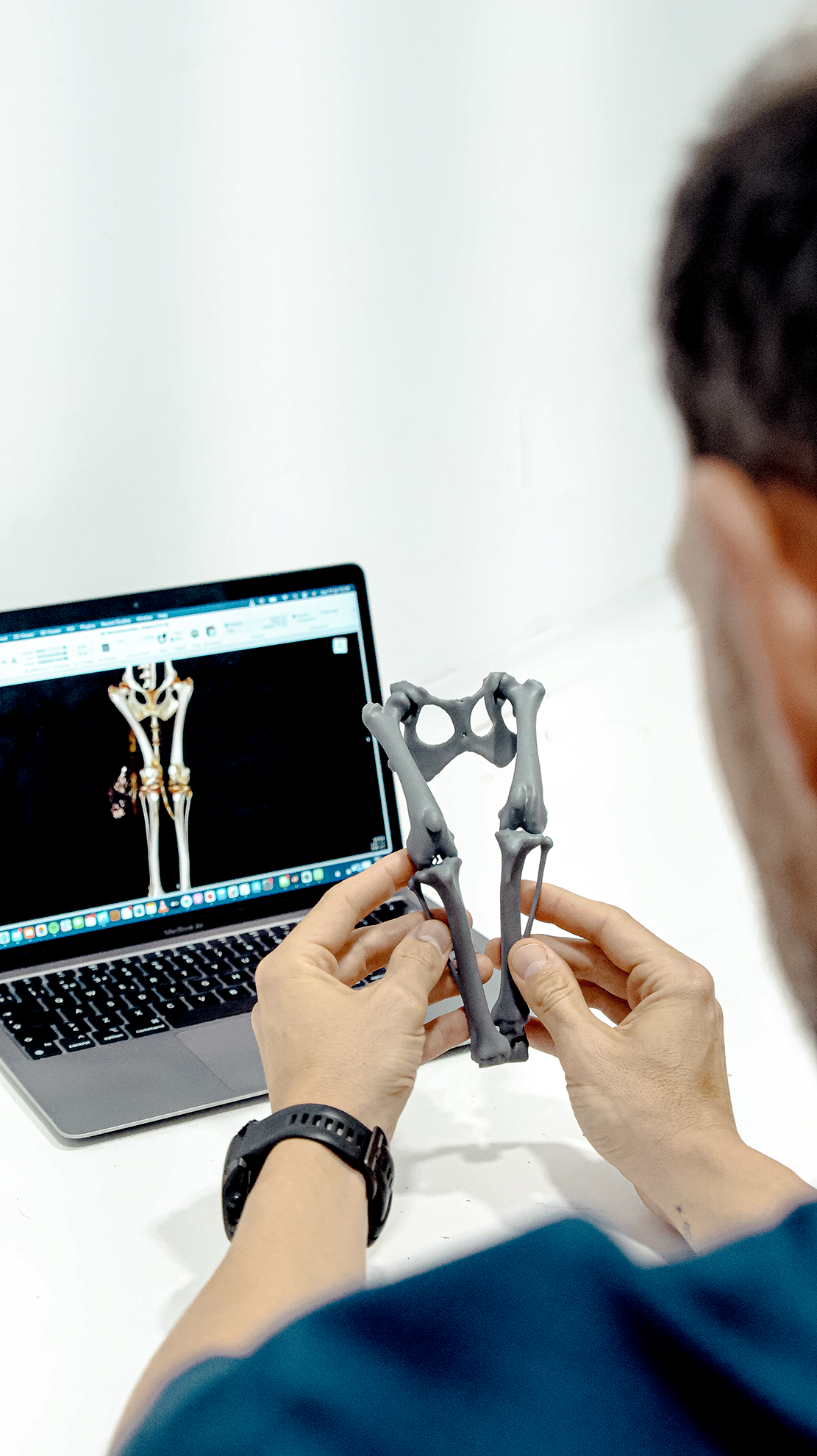
The virtual model provided me with comprehensive information about the location of the blood vessel, its relationship with other vessels and organs, and its size, allowing me to choose the appropriate attenuation ring (ameroid).
It not only gave me the exact location of the shunt but also its precise relationship with other organs. This enabled much more effective surgical planning, reducing the margin of error and the surgical time required.
From your CT to your hands in less than 48h*
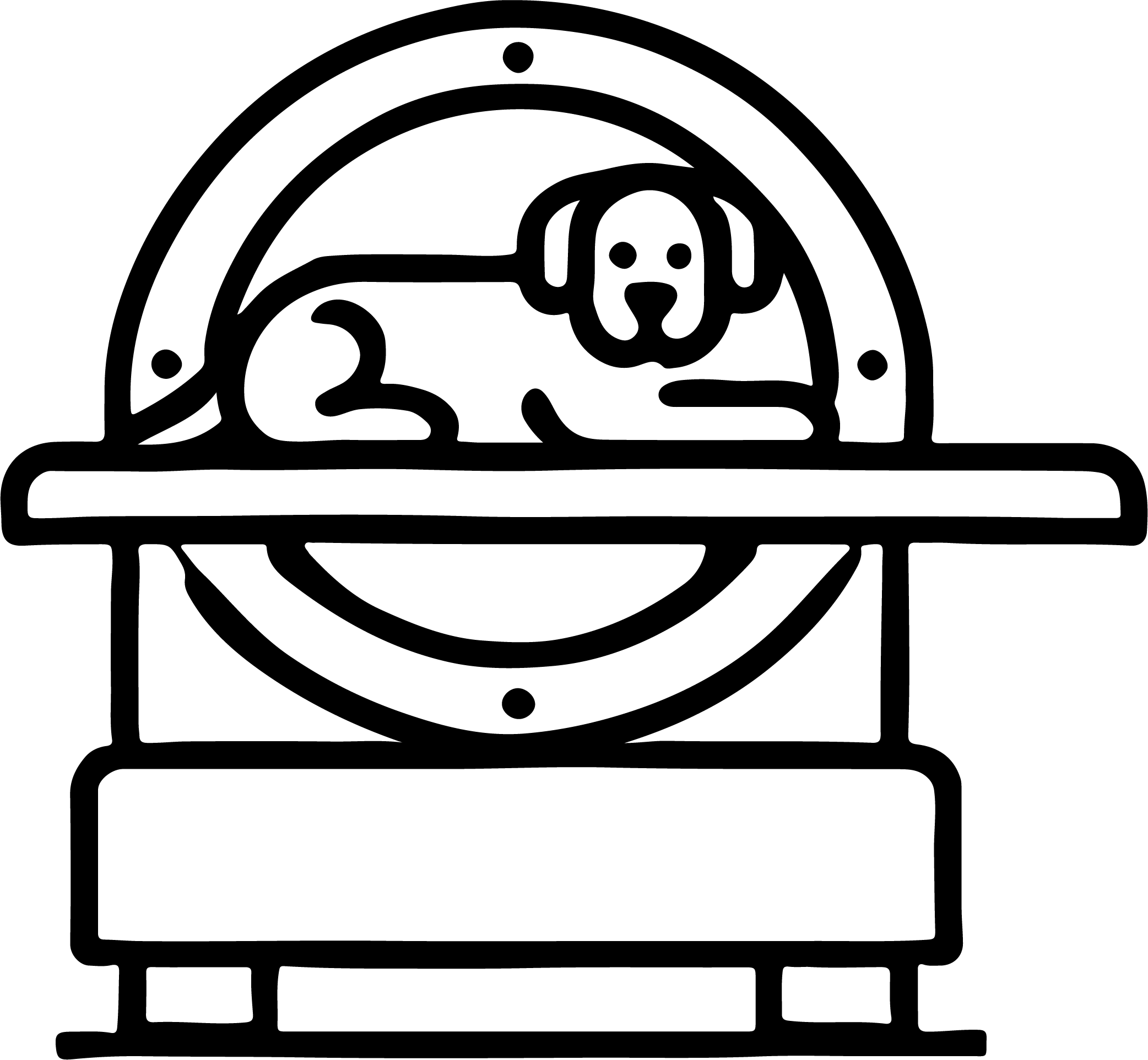

These are the most common questions our clients have, if you don't find the answer you are looking for just contact us
Biomodels are highly accurate 3D printed replicas of animal anatomy created from medical imaging data like CT scans. They provide a hands-on, realistic experience for practicing surgical techniques and understanding complex anatomical structures without the need for cadavers.
Biomodels offer consistent, repeatable anatomy, eliminating logistical, ethical, and health concerns associated with cadavers. They require no special storage, are immediately ready for use, and provide precise anatomical details. Additionally, there's no need for cleaning and disposal. (Students love to take the biomodels home!)
Biomodels are created by converting CT scan data into digital 3D models. This involves segmenting the images to isolate anatomical structures, which are then 3D printed with high accuracy. If you can see it on a CT scan, we can replicate it, highlighting the importance of high-quality CT scans.
3D printed biomodels allow surgeons to visualise patient-specific anatomy, practice procedures, and tailor surgical plans. This preparation reduces operative time, minimises complications, and improves surgical outcomes by ensuring precision and confidence in the operating room.
For educational models, we recommend purchasing a sample before placing a large order. If the sample doesn’t fully satisfy your needs, you can return the item for a full refund. For patient-specific models, we guarantee a 48-hour turnaround from order to dispatch (please read our terms and conditions for cut-off times for ordering models). Our warranties ensure you receive high-quality, reliable biomodels that meet your expectations and needs.
GAIA’s biomodels stand out due to their high level of customisation, rapid prototyping capabilities, and durability. We offer a holistic approach that includes VR models and integration with medical history and imaging data. Our 48-hour turnaround for surgical cases ensures timely access to high-quality models.
Yes, biomodels are fully customizable. While all models are based on medical images, our 3D artists can create bespoke models from scratch. If you can imagine it, we can do it, providing tailored solutions for specific training needs.
3D printed biomodels eliminate ethical concerns related to cadaver use, such as sourcing and consent. They offer a humane alternative that aligns with modern ethical standards, ensuring responsible and sustainable training practices.
Educational institutions should transition to biomodels for their consistent quality, ethical benefits, and cost-effectiveness. Biomodels offer reliable, repeatable training experiences without the logistical and ethical issues of cadavers, preparing students with high-quality, practical skills for real-world veterinary practice.
Biomodels serve as clear visual aids that help pet owners understand their pet’s condition and the proposed surgical procedures. This improved communication reduces anxiety, builds trust, and ensures realistic expectations, enhancing overall care and client satisfaction.